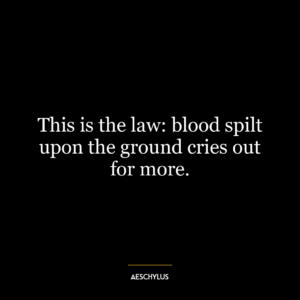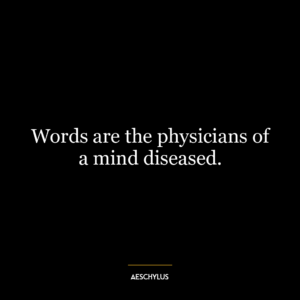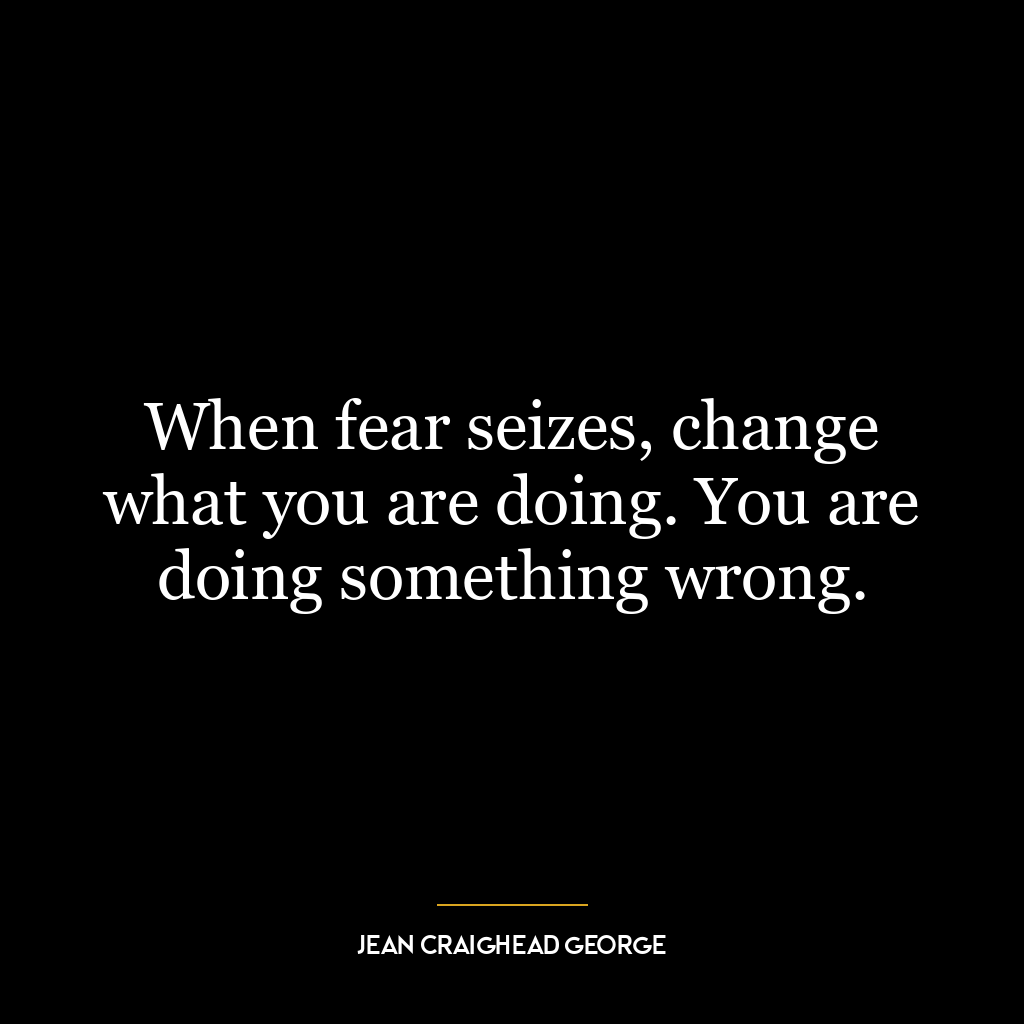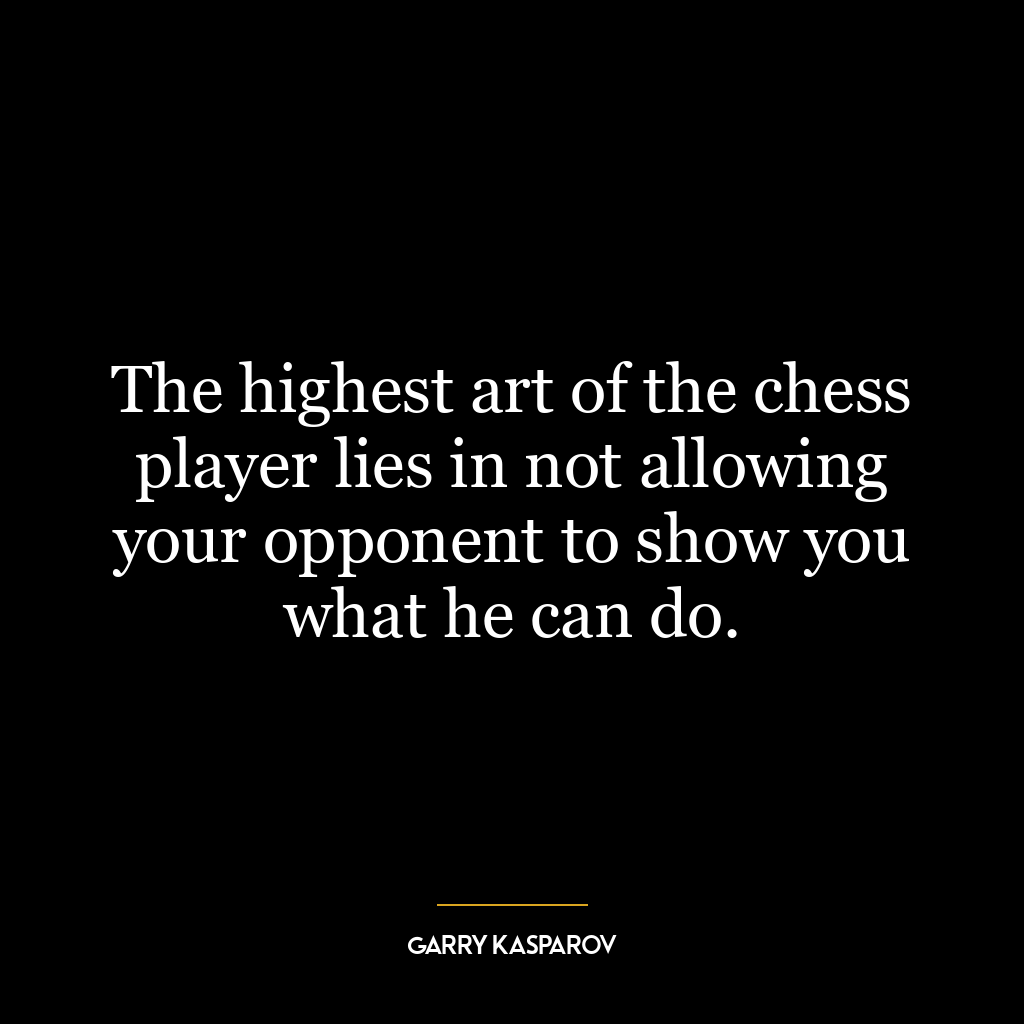There are times when fear is good. It must keep its watchful place at the heart’s controls.
This quote suggests that fear, often perceived as a negative emotion, can in fact play a beneficial role. It implies that fear serves as a kind of internal alarm system, a watchful guard at the controls of one’s heart. When danger or potential harm is present, fear alerts us, prompting us to take action or avoid certain paths. It can guide us towards making better choices, keeping us safe and helping us avoid harm or disaster.
The term ”heart’s controls” is a poetic way of suggesting that fear can influence our decisions and actions. It underlines the notion that fear doesn’t just affect us emotionally, but can also shape our behavior and choices. This can be seen as a protective mechanism, a form of self-preservation.
Applying this concept to the modern world, we can see the role of fear in various contexts. For instance, in the face of global issues like climate change, fear can be a driving force that propels individuals and societies to take action and make necessary changes. On a personal level, fear of health issues can motivate people to adopt healthier lifestyles.
In terms of personal development, understanding the positive role of fear can be empowering. It can help individuals to see fear not as something to be avoided at all costs, but as a tool for growth and self-improvement. For example, fear of failure can motivate one to work harder and strive for success. Fear of rejection can push one to improve social skills or work on personal flaws.
However, it’s important to note that while fear can be beneficial, it must be kept in balance. Too much fear can lead to anxiety and prevent us from taking risks or pursuing opportunities. So, while fear should keep a “watchful place at the heart’s controls”, it should not be allowed to take over the controls completely. The key is to harness fear in a way that it serves as a guide and protector, rather than a hindrance or a barrier.















